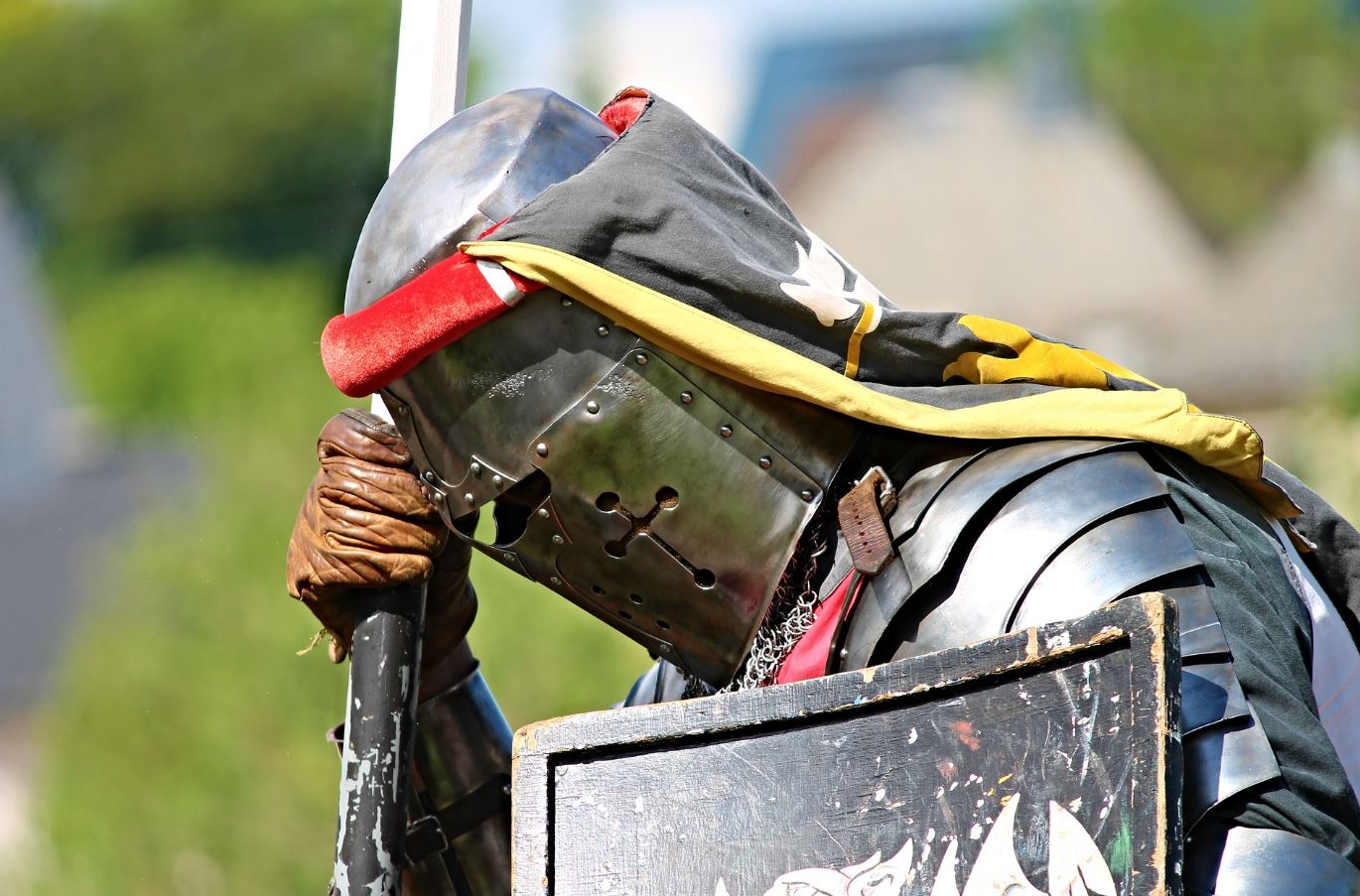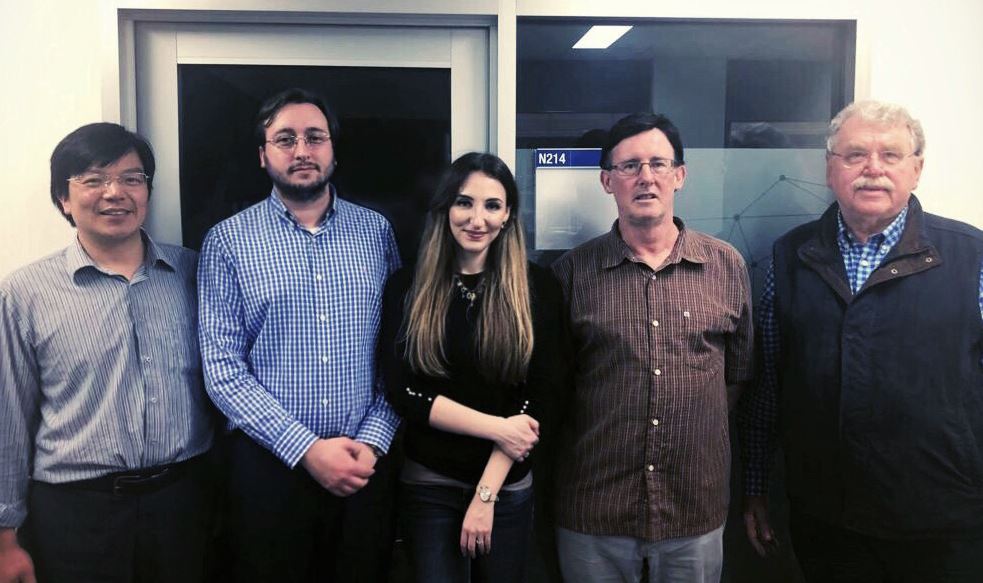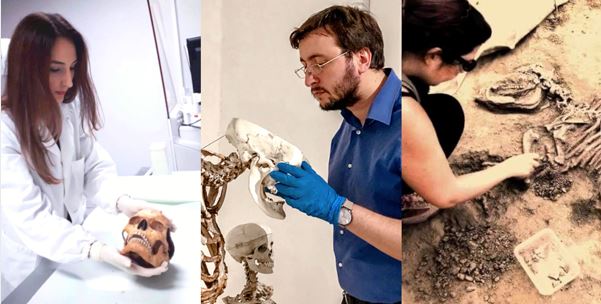
A string of new research articles – including one on the history of world pandemics – are emerging from the new FAPAB Research Centre, a collaboration between Flinders University Archaeology and experts in Sicily in southern Italy.
The Sicilian research centre – called Forensic Anthropology, Paleopathology and Bioarchaeology (FAPAB) – is dedicated to the study of ancient and modern human remains.
The centre is an initiative under the direction of Francesco Maria Galassi MD, an internationally renowned paleopathologist and associate professor at Flinders University, who publishes widely on Sicilian anthropology with Elena Varotto, a bioarchaeologist and forensic anthropologist at the University of Catania.
The research is covering forensic anthropology, which deals with the identification of missing and unknown individuals, bioarchaeology – the study of biological remains in an archaeological context – paleopathology, the study of diseases in the past and also the history of medicine.
“These disciplines will make it possible to understand, for example, the social composition, lifestyle and state of health of ancient populations, with a special focus on Sicily’s past,” says Associate Professor Galassi, who is working with Flinders University Professor Donald Pate, adjunct Professor Maciej Henneberg and Teghan Lucas, along with University of Adelaide research associate Dr Wenpeng You among a growing network of local and international collaborators.
The study of mummies and the multidisciplinary analysis of historical, archival and iconographic sources also links to the centre’s interdisciplinary work involving professionals from archaeologists and criminologists, to anatomists and art historians, doctors and philologists.
Flinders University was the first international university to affiliate with the centre. A visit from FAPAB leaders was hosted earlier this year.

In ‘Epidemics and pandemics in the history of humankind and how governments dealt with them – A review from the Bronze Age to the Early Modern Age‘ (2020) by ME Habicht, FD Pate and E Varotto and FM Galassi, the researchers describe the ‘first’ plague of Athens, a ‘local’ pandemic with fatal consequences across the Middle East and Ancient Egypt in the late Bronze Age.
Great empires with well-developed trade routes seem to be very susceptible to rapid and devastating spreads as the Antonine Plague, the Plague of Cyprian and the Justinian Plague testify, they conclude.
“The great Medieval plague wave in Europe was absolutely devastating, but for the first time it brought along with it substantial containment measures that are still being successfully used today (e.g. isolation, quarantine) as well as the seeds of the development of a new form of medical theory and practice.
“The blame game that can be observed in the current COVID-19 pandemic has also been seen in previous epidemics and pandemics. Particularly in the case of syphilis, its origin was often attributed to foreign countries.”
Finally, the paper comparatively stresses the historical importance of an early implementation of a lockdown-based approach as an effective form of controlling epidemic spreads.
“As well as making international collaborations part of our contribution to Italy’s scientific and cultural achievements, I think we will achieve some important results,” says Associate Professor Galassi.
“To study death will help us understand life better and better,” adds FAPAB deputy director Ms Varotto, who will present at a European conference on the myth of Medusa in September.
The researchers have also studied racism and xenophobia during pandemics, and have just published a paper in Clinical Anatomy on a rare case of osteochondroma (benign tumour) from prehistoric Sicily.


